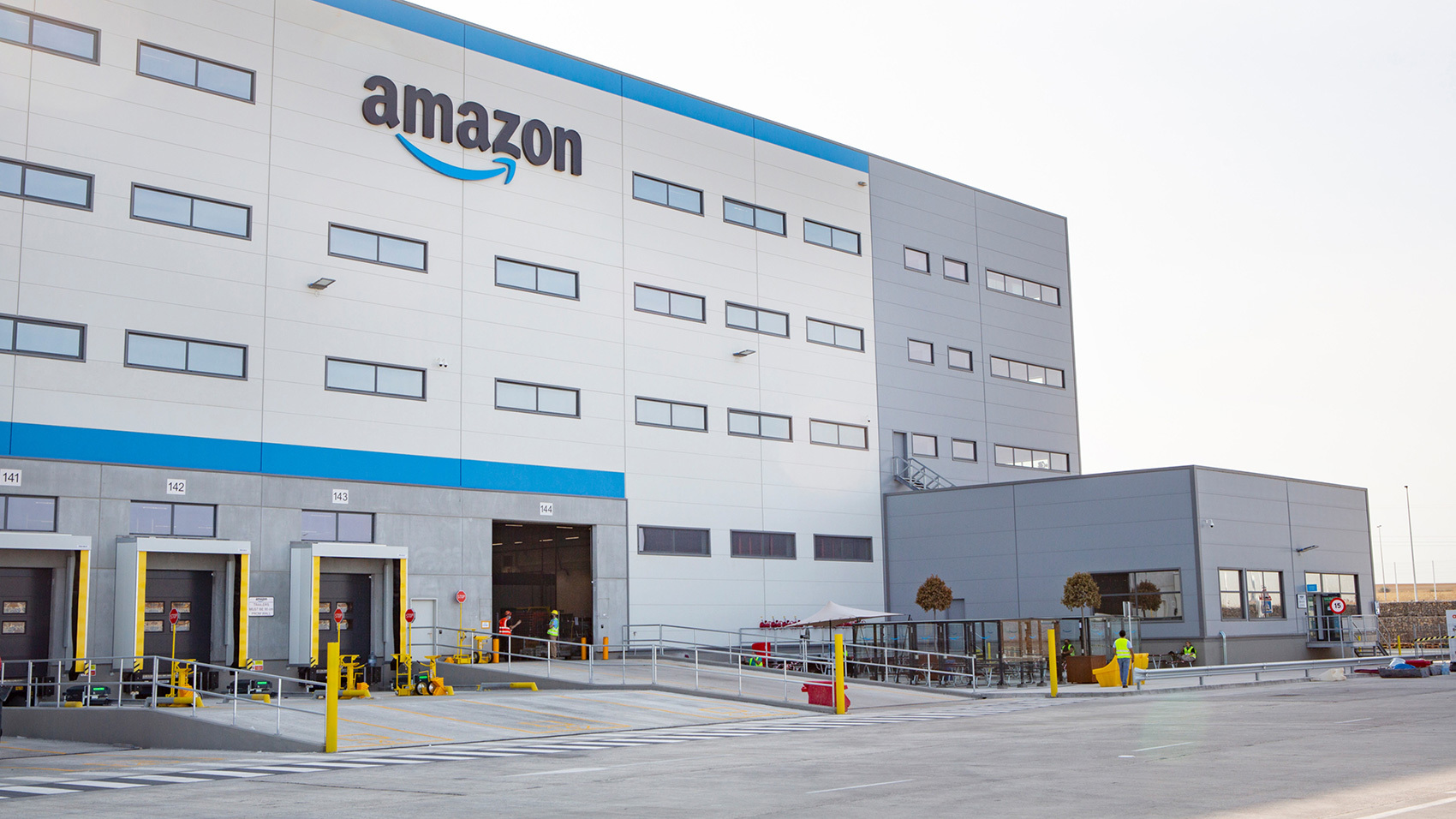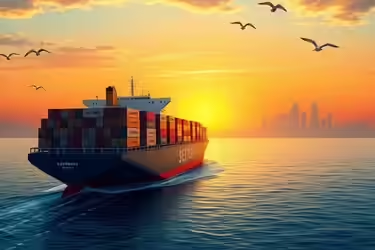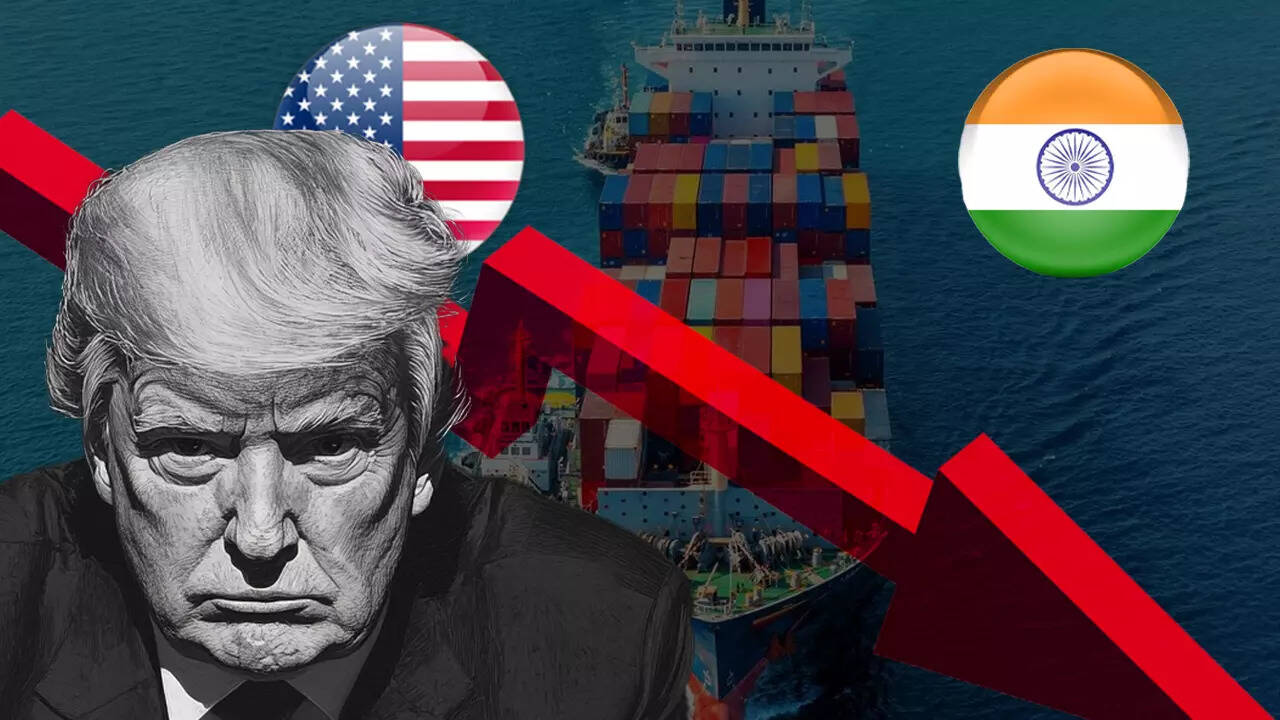and cross-border connectivity are critical, these disruptions highlight the
fragility of supply chains in the face of geopolitical risks.
1. Shipping Lines Halt Cross-Border Services
Due to security concerns and political instability:
- Several international container shipping lines have halted services that involve India-Pakistan transit routes.
- Customs clearance delays and increased scrutiny have made cross-border cargo movement highly unpredictable.
- The Wagah-Attari land route, a key trade gate, is witnessing a sharp decline in activity.
This bottleneck is affecting not only bilateral trade, but also third-party logistics providers (3PLs) and global supply chain routes that rely on the subcontinent’s infrastructure.
2. Rerouting and Cost Escalations for Indian Logistics Firms
Indian logistics providers are facing:
- Longer transport distances due to rerouted cargo via alternative ports or air freight corridors.
- Rising fuel and handling costs, compounded by the need for new security protocols.
- Inventory pile-ups at Indian ports and ICDs (Inland Container Depots) as goods wait for redirection.
Small and medium-sized enterprises (SMEs) in northern India, especially those reliant on textiles, agriculture, and chemicals exports, are facing order cancellations and shipment backlogs.
3. Trade Corridor Disruptions Ripple Beyond Borders
The disruption isn’t confined to India and Pakistan:
- Afghanistan-bound shipments, often routed through Pakistan, are now delayed or rerouted via Iran or the Central Asian corridor.
- SAARC regional trade flows are affected, highlighting the vulnerabilities in regional economic integration.
Multinational companies with supply nodes across South Asia are now reevaluating their logistics risk strategies and looking to diversify their transport routes and sourcing options.
4. Long-Term Implications: Trade as a Casualty of Conflict
The repeated use of trade and logistics as collateral in geopolitical conflicts threatens long-term investor confidence in the region. Key concerns include:
- Unpredictability of cross-border supply chains
- Increased insurance and compliance costs
- Deterrents to foreign investment in regional logistics infrastructure
With Indo-Pak relations unlikely to stabilize soon, businesses must plan for long-term regional decoupling and geo-fenced risk models.
5. Strategic Response: Building Resilient and Agile Networks
To navigate this turbulence, Indian logistics and supply chain leaders are:
- Shifting to multi-modal transport alternatives, including air cargo, coastal shipping, and rail.
- Partnering with technology platforms for real-time cargo tracking and dynamic route optimization.
- Exploring regional FTAs (like with UAE, Bangladesh, and ASEAN countries) to reduce overreliance on hostile corridors.
A resilient, digitally enabled logistics ecosystem is now a strategic imperative — not just a competitive edge.
Conclusion: The Cost of Geopolitics on Trade Flows
As tensions between India and Pakistan continue to fester, regional trade will remain a casualty unless insulated by policy, technology, and supply chain reengineering. The current disruption is a stark reminder for Indian businesses and policymakers to de-risk trade operations and enhance corridor diversity for long-term supply chain resilience.
In the global economy, goods don’t just need roads — they need stable relations.
.png)
.png)







